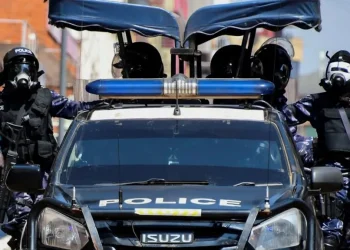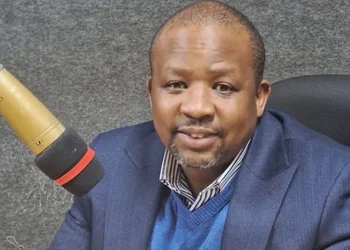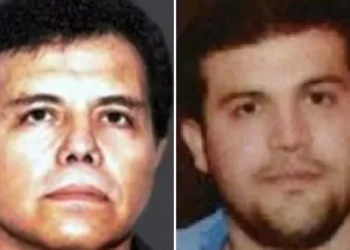Ghana’s security system is facing several challenges, with higher levels of caution applying in some areas. This paints a picture of vulnerability rather than resilience. The recent tragic incident, where a soldier fell victim to gunfire at Kasoa Millennium City, starkly illustrates the unsettling state of law and order, hinting at widespread disregard for authority.
Central to this security dilemma lies a restriction imposed on trained security personnel, barring them from possessing personal firearms. This not only contradicts constitutional rights but also flies in the face of global norms that recognize the fundamental right to self-defense.
Compounding this irony is the fact that civilians are permitted to carry firearms while those entrusted with maintaining order are stripped of even basic self-defense tools like pepper sprays. The situation is impaired by the caution against soldiers acquiring personal safety equipment, despite the growing proliferation of firearms among civilians.
In 2021 statistics from the Executive Director of the Bureau of Public Safety, Nana Yaw Akwada, he stressed on the gravity of the situation, with over 2.4 million firearms circulating in private hands in Ghana. This alarming trend raises serious questions about how security forces can effectively protect citizens when their access to necessary tools is severely curtailed.
The tragic death of Private Sherif Imoro in Ashaiman serves as a poignant reminder of how a personal firearm could have potentially averted such a loss of life. It’s a paradox that those symbolizing authority and protection find themselves defenseless in the face of escalating threats.
In light of these pressing challenges, security authorities must revisit policies that hinder the effective protection of both security personnel and the general populace. Ensuring that those tasked with safeguarding the nation have the requisite tools and resources for self-defense is paramount to bolstering overall security in Ghana.
RGGNEWS in an interview with Dr. Adam Bonah, a security analyst, emphasized that in a democracy, both the military and the police should not instill fear. Instead, adherence to the law of the land is paramount, prohibiting any individual from causing harm to another. Dr. Bonah stressed that strict adherence to the law is crucial, as any breakdown of law and order can lead to anarchy within the state.
He said the urgent need for reassessment and realignment of security protocols cannot be overstated. Dr. Bonah highlighted that certain protocols not only handicap security personnel but also impact civilians. He stated that disputes between civilians and the military must follow proper channels. This includes resorting to legal avenues such as law courts and reporting incidents to the appropriate units and authorities.
Essentially,
Dr. Bonah projected the importance of upholding the rule of law and ensuring that both security personnel and civilians adhere to them. By doing so, the risk of lawlessness and disorder within the state can be mitigated, fostering a safer and more secure society for all.
















